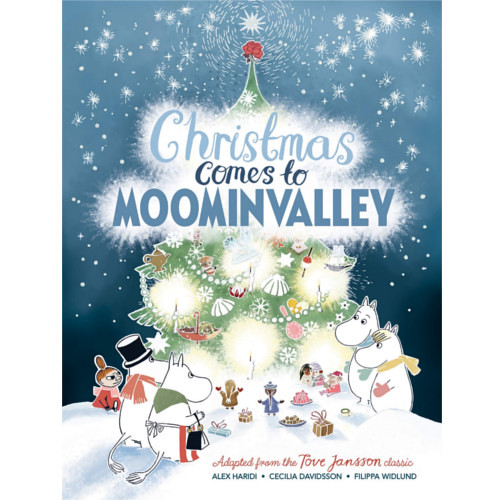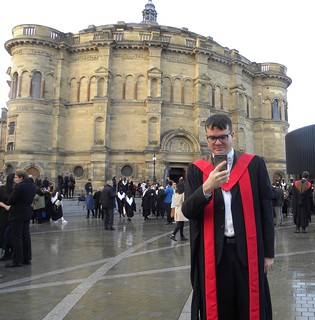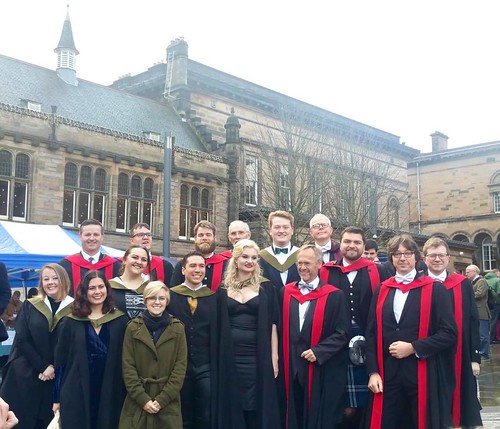It is rather sweet. Even people who know nothing about Christmas, can get it right, completely by accident. In this case the people are the Moomin family. They hibernate, so tend not to be awake or aware of Christmas, unlike their friends and neighbours. But this time the Hemulen comes and wakes them up, because he’s fed up with all the preparations for Christmas.
Aren’t we all?
But knowing nothing, the poor Moomins are alarmed at first, worrying about this unknown monster coming for them. It needs a tree. The tree needs to be dressed. It needs food. And on top of that it requires presents.
Were it not for a tiny, shy creature drawn to their house by the kindness of Moominmamma, they’d know very little. With its help, they find pretty things to put on the tree, and they wrap presents, and Moominmamma gets busy in the kitchen.
After all that they do the most sensible thing of all and go back to bed.
I seem to know the story from a long time ago. However, it has been ‘adapted from the Tove Jansson classic,’ with words by Alex Haridi and Cecilia Davidsson – translated by A A Prime – and illustrations by Filippa Widlund. So I’m not sure what it is I remember.
But it is a lovely story, with pretty pictures, and who needs a star at the top of the tree when you can have a rose?











